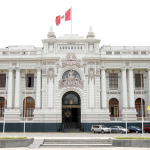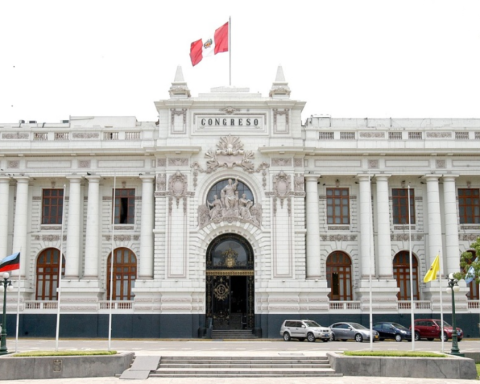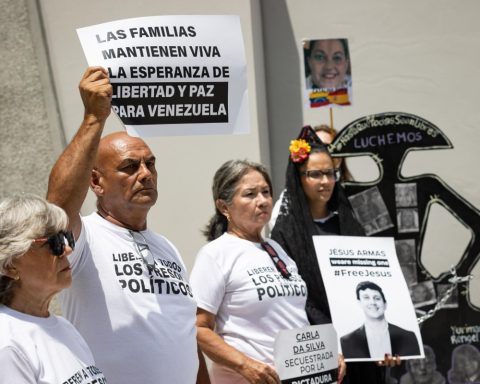During the International Insurers Convention in Colombia, Gustavo Morales Cobo, president of the Federation of Colombian Insurers (Fasecolda), issued a strong warning: Owners of vehicles that participated in road blockades (including trucks) could face the inability to obtain policies. According to Morales, providing insurance to a vehicle involved in acts of obstruction is comparable to insuring a weapon used in a crime.
(Read: Startup World Cup final will have Colombian representation: who is going?)
Morales emphasized that, due to insurers’ policy underwriting policies, any vehicle that has blocked the roads becomes unfit for circulation or obtaining insurance.
‘“Thanks to the healthy policy underwriting policies that insurance companies have, transportation companies and their vehicles that have blocked roads automatically become uninsurable. It is impossible to insure companies that deliberately decide to harm people. By not having insurance, these vehicles stop circulating legally, freeing the country from the risk of being blocked again.”Morales said.
In addition to the issue of blockades, Morales highlighted that road accidents represent a serious problem for insurance companies. The manager assured that road accidents in Colombia cost insurers more than vehicle theft.
(Read: Come back and play: intersection of opinions between Petro and Galán over works on the Bogotá Metro)
Until July, more More than 473,000 victims have been treated, and the costs of accidents in the automobile industry reached almost 2.07 billion pesos, an increase of 6.7% compared to the previous year. Morales stressed that Only 12.2% of vehicles in Colombia have voluntary insurance, a figure that rises to 25% in the case of cars, but does not exceed 3% in motorcycles.
The rise in road accidents, especially with the growing circulation of motorcycles, has led to this phenomenon becoming a public health emergency. 84% of accidents involve motorcycles.
Insurance will be the engine of the economy
Soat
PHOTO: iStock
(Read: Petro pointed out that if the tax bill is not approved, subsidies will be cut for rich sectors)
Morales also defended the crucial role of insurance in the country’s economic development. “The premiums collected not only protect our clients; “They are invested in infrastructure, support public debt and energize financial markets.”argument. In addition, he assured that adequate regulation could increase insurance penetration in Colombia, currently at 3.4%, which would allow us to build a more solid economy.
The manager stressed that insurers have begun to incorporate environmental sustainability considerations in the issuance of policies, adapting to the challenges of climate change. Likewise, technology and data analytics are transforming risk assessment, allowing insurers to accurately measure the viability of issuing policies.
The future

Soat
iStock
Finally, Morales expressed his concern about the pension reform, pointing out that the deadlines for its regulation could be too tight. “We are attentive to the efforts of the ministries of Finance and Labor, but it is vital that the regulations are carried out appropriately”, he concluded.
(Read: Attorney General’s Office: ‘weakening control entities would seriously affect democracy’)
With these pronouncements, the president of Fasecolda emphasizes the need for a responsible and strategic approach in the regulation of the insurance sector, underscoring its importance not only for individual protection, but also for the sustainable development of the country.
PORTFOLIO


















